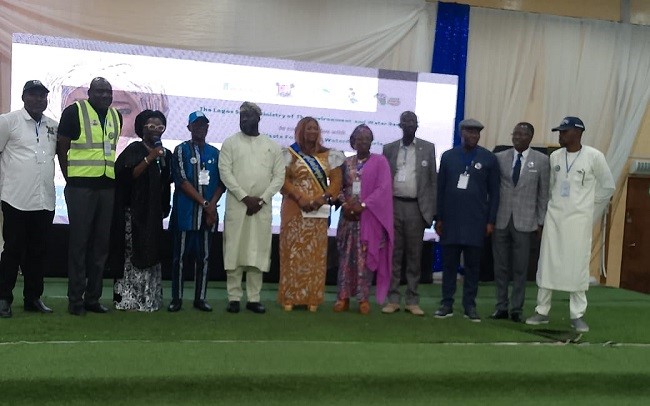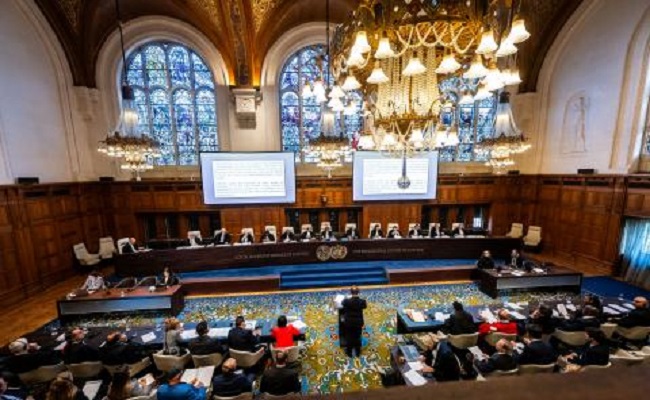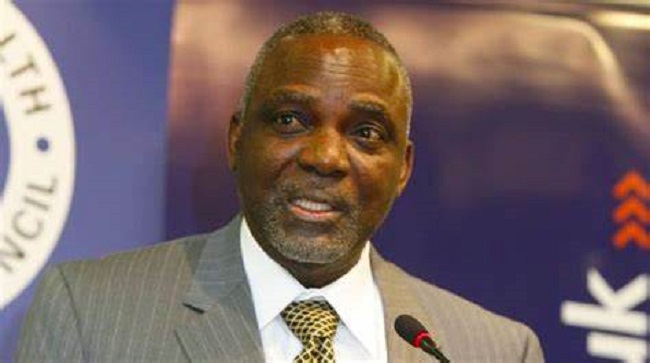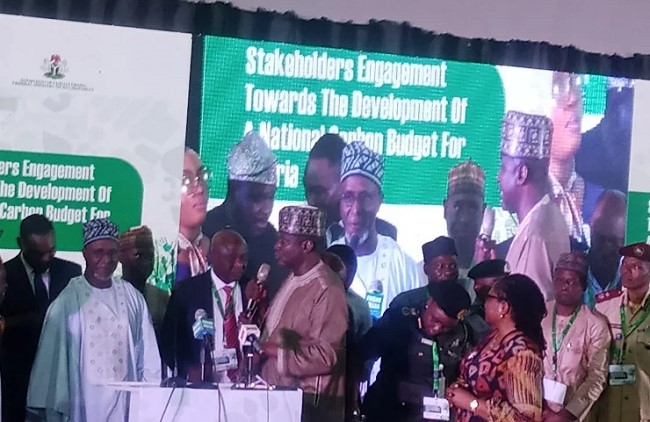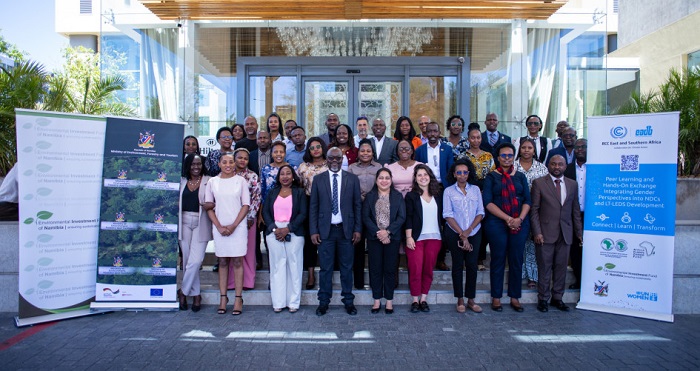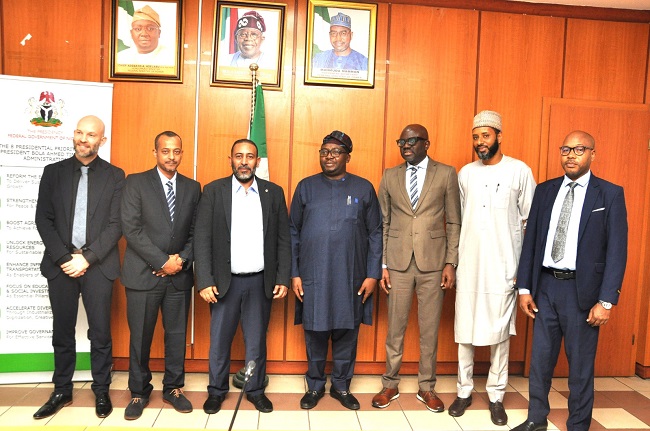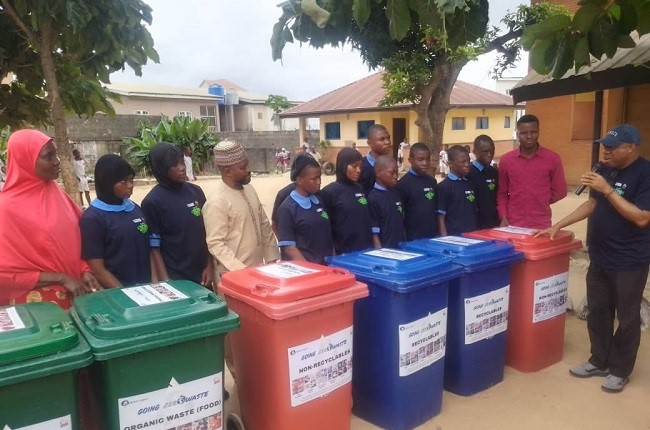GAIA Africa hosted an online media briefing for African journalists ahead of the resumed fifth session of the Intergovernmental Negotiating Committee (INC-5.2) on the Global Plastics Treaty. Held on July 24, 2025, the session emphasised the critical role of journalists in amplifying the key priorities of African civil society, urging governments to adopt an ambitious position against plastic pollution, and unpacking the treaty’s regional implications.
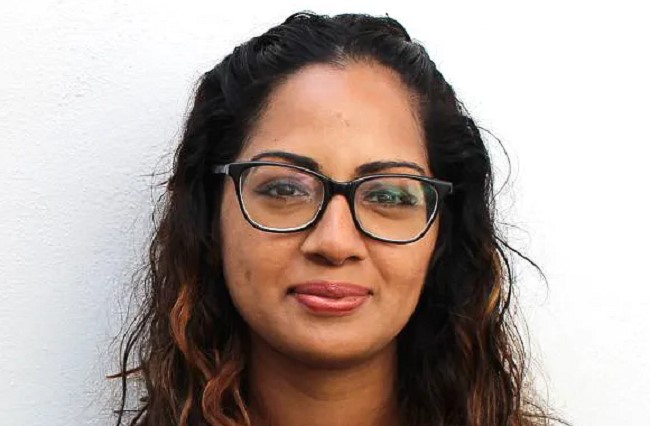
Africa has played a leading role in the Global Plastics Treaty negotiations, beginning with the adoption of AMCEN Decision 19/2 – a landmark mandate by African ministers that firmly established the continent’s priorities. This decision solidified the African Group of Negotiators’ (AGN) common position, committing the region to advocate for a legally binding global treaty that addresses plastic pollution across its entire lifecycle – from production to disposal – while safeguarding human health and the environment.
Since then, Africa has consistently demonstrated unity, leadership, and moral authority on the international stage, gaining global recognition and respect. As the negotiations advance, this momentum must not waver. Leaders must now carry this spirit forward into INC-5.2 with renewed determination, upholding their commitments and acting with the courage, integrity, and ambition this moment demands.
Merrisa Naidoo, GAIA Africa’s Plastics Programme Manager and a leading coordinator of the region’s engagement in the Global Plastics Treaty process since INC-1, delivered a timely briefing on the treaty’s progress and the continent’s priorities ahead of INC-5.2 this August. She underscored that while the science is clear and global support for a bold, binding treaty to end plastic pollution is stronger than ever, the process is being held back by a lack of good faith and political will.
“Now, more than ever, we need courageous leadership,” Naidoo stressed. “We have the evidence. We have the momentum. What we’re missing is the commitment to act.”
Civil society members from across Africa, who actively advocate for a strong Global Plastics Treaty, shared their expectations ahead of the upcoming negotiations. Drawing on diverse backgrounds and lived experiences, these speakers highlighted critical issues, including the elimination of toxic chemicals in plastics, the establishment of a robust and equitable financial mechanism, and, most urgently, the need to reduce plastic production at the source.
Their powerful interventions represented voices from South Africa, Ethiopia, Ghana, Egypt, Nigeria, and Kenya, demonstrating a united continental call for an ambitious treaty that puts people and the planet before profit. When it comes to the African people, unity can be seen from south to north, from east to west.
Eskedar Awgichew of EcoJustice Ethiopia shared his perspective, stating, “in my country, Ethiopia, we are witnessing a growing surge in petrochemical infrastructure linked to plastic production. Yet local communities face a serious gap in environmental oversight and public health protection. This is where harm begins, and where justice must be rooted”.
Mohamed Kamal of the Greenish Foundation, Egypt, emphasised: “We need African negotiators to connect with the pollution we face on the ground and recognise that waste management alone is not enough to solve the problem, and we have to tackle it at the source, at production.”
Rico Euripidou of groundWork in South Africa stated, “There are an alarming 16000 chemicals found in plastics, and we need a Plastics Treaty that eliminates the most harmful toxic chemicals in plastics.”
This was further emphasised by Dorothy Otieno of CEJAD Kenya, citing that “research conducted in Africa has revealed the presence of toxic chemicals in children’s toys and the food chain.” She underscored that this treaty is fundamentally an African treaty, and as a net importer of plastics, the continent stands to benefit significantly from the elimination of toxic chemicals in plastics.
Nadine Wahab of Sustainable Network Egypt powerfully called out that we are at a stage of the negotiations where we must prioritise effective, inclusive, and transparent decision-making. “We need to restore trust in multilateralism. The INC must not fall into the traps we’ve seen in other environmental processes, particularly the climate negotiations, where procedural ambiguity and politicisation have hindered ambition.”
“Many African countries are burdened by substantial debt, and there is an urgent need for the Plastics Treaty to establish a dedicated Multilateral Fund (MLF) to support effective implementation across the continent,” said Jacob Johnson Attakpah from GAYO Ghana.
Finally, Sarah Onuoha of SRADeV Nigeria highlighted the critical importance of the human rights impacts that plastic pollution has, stating: “We must recognise that plastic pollution directly impacts livelihoods. In the Nigerian context, journalists have a key role to play in advocating for environmental justice and promoting solutions that alleviate poverty while supporting national development efforts.”
With INC-5.2 on the horizon, speakers urged the Global South to stand united and approach the negotiations with determination and urgency. The road ahead may be challenging, but Africa’s message is resolute: we will not back down, nor will we settle for anything less than a treaty that delivers real solutions to end plastic pollution.

